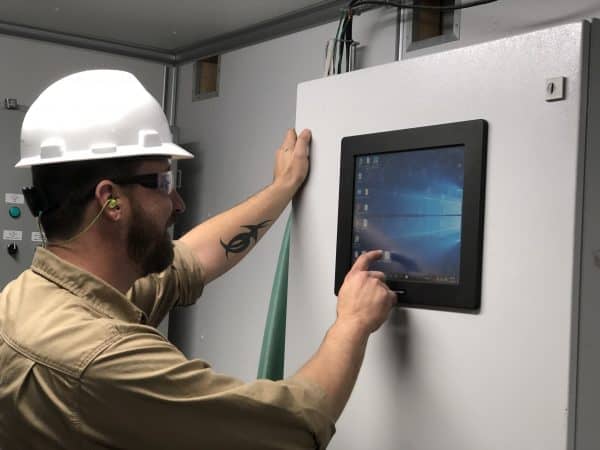By Buddy Boysen, Engineering & Technology Director-
In an industry dominated by $50-55/bbl US oil prices, 2019 is shaping up to be a competitive year. We are seeing the realization of machine learning and statistics-based equipment controls and the improvements in overall production efficiency that these tools help create.
As an advanced water and produced water treatment technology company, the current market conditions are creating very competitive CAPEX projects that require cost-competitive treatment solutions. On the water treatment services side, the market conditions require tight control of chemical consumption, manpower and use of consumable products. In addition, today’s end users want differentiated products. Therefore, equipment companies like ours can no longer focus only on efficiency and treat fabrication shops simply as factories driven to reduce costs. To remain profitable and achieve ever tightening water treatment goals, companies are optimizing every aspect of their operations. Our focus must be on our people, the journey of our company and the integrity of our products.
To explain further, our business has shifted to two separate bottom lines. The first bottom line is financial-based, which is obvious and will not be the focus of this blog. The second bottom line measures the positive social impact of the company. It helps explain why the treatment equipment and service industries that we operate within need leaders, not managers, to find new ways to innovate in the face of sustainable lower oil prices and potentially lower incremental profits. For efficiency, technology now plays an integral role in all aspects of the equipment design and fabrication process. In terms of the second bottom line and making a positive social impact, efficiency goals must ensure that companies remain profitable while offering improved working conditions, more meaningful roles to their employees and the opportunity to develop products that are individually relevant.
As a technology director, my job is to keep up with the ever-changing landscape of computer-based modelling, programming and equipment design tools and to assess how they can positively impact our team and the end users. Although it goes without saying that design platforms like COMPRESS for pressure vessel code design and ANSYS for process modelling and CFD are industry standards for the tank and pressure vessel based conventional produced water systems we build, a key focus of our effort has been on machine learning systems.
I’m excited to announce that we are working with machine learning to develop a progressive control platform. The code we’re developing will optimize more advanced produced water treatment process controls for biological and chemical treatment processes including oxidation, coagulation and flocculation for produced water reuse applications, which can be prone to upsets, are susceptible to significant operational cost changes from overdosing and require significant operator intervention to manage upsets. These control solutions will improve the product integrity and simplify the operation of our systems for the end user.
We are extremely proud of the work we are undertaking and look forward to successfully releasing our advanced produced water control platform in 2020.
Your Thoughts?
If you have a passion for improving technology in the water treatment sector, please share your thoughts and ideas – or consider sharing operational data to help the industry benefit from our progress. Contact us today!
